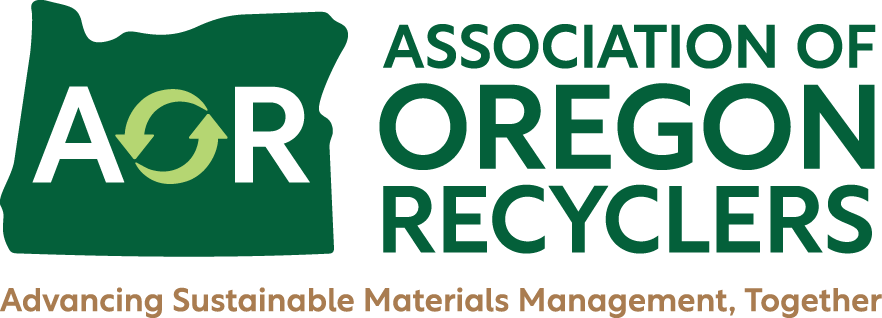Policy on Degradable Additives in Plastics
Background
Two groups of materials have been developed in terms of degradable plastics. The first group includes certain biobased resins, although not all biobased resins are degradable. The second includes conventional plastics (petrochemical-based resins) formulated with additives that cause the plastics to degrade. This policy addresses the latter group of materials.
Degradable additives have been on the market since the 1980s. They typically are pro-oxidant products containing transition metal ions such as cobalt, iron, manganese and/or nickel. When added to standard resin, typically at a one to five percent loading, the plastics containing these materials degrade into smaller molecules under exposure to heat and oxygen. The additive producers say the additives break down the carbon-to-carbon bond in the plastics when undergoing sunlight, heat, and/or mechanical stress, and thus allow microbes to convert the smaller plastic molecules to water and simple gases, such as carbon dioxide and/or methane. The plastic products containing additives are produced on standard equipment.
Recyclability
Testing by the members of the Association of Plastic Recyclers (APR) shows that these plastics are not recyclable. APR’s policy states that “they’re a contaminant in the recycling stream. Claims of recyclability are unfounded, untested, and possibly misleading as outlined in the Federal Trade Commission’s Green Guide.”
The principal concern is that a recycled resin containing degradable additives renders any ensuing recycled product, such as a bottle, pipe, or carpet, unsellable because the product has reduced quality and shortened service life. This concern includes issues of product liability.
APR’s position is that additive suppliers have the burden of showing their materials do not degrade the quality of postconsumer resin. Although APR has adopted testing protocols for degradable additives, no producer has submitted testing data showing that their additive does not harm recycling. The testing protocol is a part of the organization’s recycling design guidelines.
Other Concerns
In addition to concerns regarding recyclability, recycling, and producers’ responsibility for both, there are also concerns about potential impacts on climate change and littering.
Some degradable bags will go to landfill, where, if they degrade, will contribute to production of methane, which is a potent greenhouse gas. While some landfills in Oregon capture some of the methane and use it as an energy source, not all of the methane is captured. Even after accounting for the benefits of producing an alternative to fossil fuels, placing degradable wastes in landfills is, on average, a net contributor to climate change.
When degradable products are used, care is also needed in how they are promoted to the public. Some survey evidence suggests that consumers are more likely to litter items if they believe that they will degrade. It would be unfortunate if expanded use of degradable packaging caused an increase in littering.
Policy
The Association of Oregon Recyclers opposes the use of degradable additives in plastic products unless the additive has been accepted under the Design for Recycling Guidelines of the Association of Plastic Recyclers.


